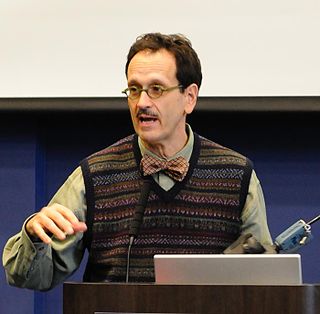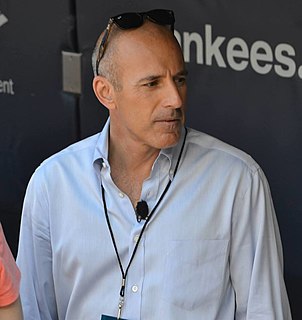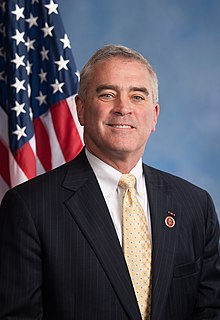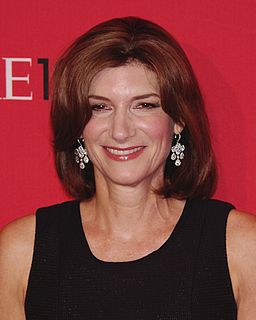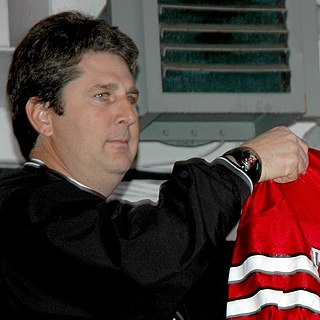A Quote by Cass Sunstein
For business, government, and education, the lesson is clear: People ought to be relying far more on objective information and far less on interviews. They might even want to think about scaling back or cancelling interviews altogether. They'll save a lot of time - and make better decisions.
Related Quotes
Normally I do all my own post work. It's not that I do it better than anyone else, I just do it my way. I make decisions. People who print at labs are probably far better printers, but they won't make my decisions mid-process. I don't want to be out of the loop. I want to be a photographer and do all of it.
Meanwhile, little people like you and me, if our prayers are sometimes granted, beyond all hope and probability, had better not draw hasty conclusions to our own advantage. If we were stronger, we might be less tenderly treated. If we were braver, we might be sent, with far less help, to defend far more desperate posts in the great battle.
Early in my career, I sometimes found it difficult to make the tough people decisions - I had to learn that. In business, you want to listen. You want to learn. You want to make sure you're not proceeding without information. But if you wait too long, you can actually hurt an organization even more.




